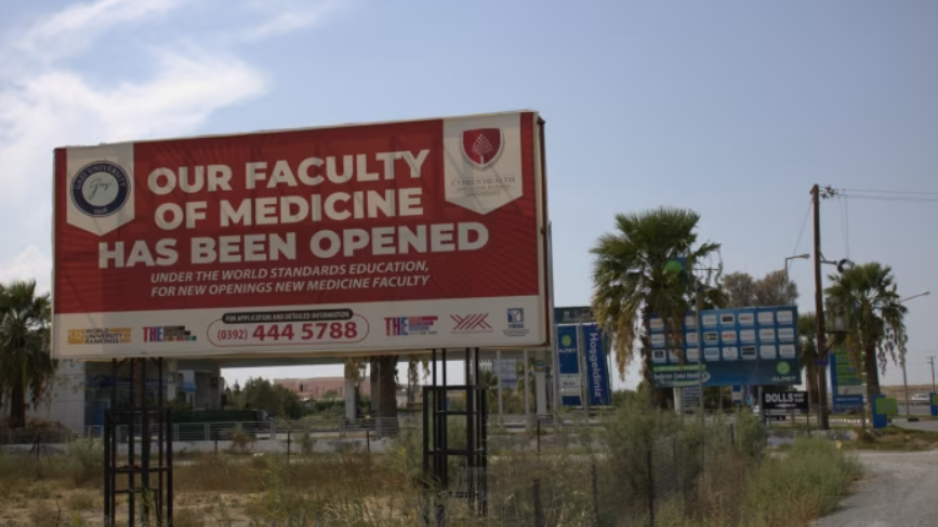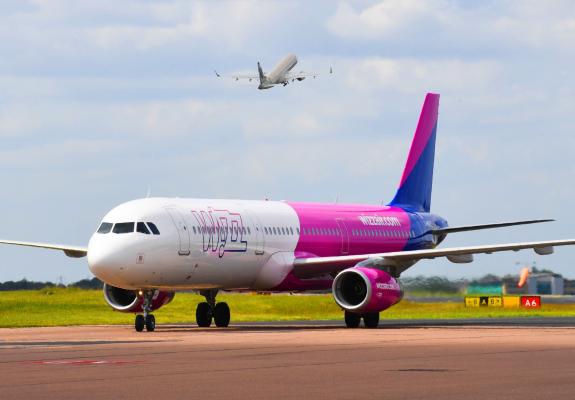Foreign Students Trapped by False Education Promises in Cyprus’ Occupied Territories
Financial Times Exposes Exploitation of African and Asian Students by Illegal Universities in the North
An extensive report from Nicosia, published by the Financial Times, exposes a "trap" set for foreign students, primarily from Africa and Asia, by agencies advertising study opportunities at illegal universities in Cyprus' occupied territories.
According to the British newspaper, these advertisements promote "studying in the EU" with images of beaches in free Cyprus, and some even use the flag of the Republic of Cyprus. Unsuspecting students are lured into paying intermediaries, who profit financially along with business owners looking to exploit higher education services.
The occupied areas host 23 illegal universities, with many more under construction, mostly private institutions. Although no official data exists, it is estimated that the breakaway state accommodates around 100,000 students, representing 10% to 20% of the population. Half of these students are Turkish, 40% are from other countries, and 10% are locals.
Beyond the false promises, the newspaper highlights concerns raised by analysts and human rights organizations about serious fraud and human rights abuses against unsuspecting students. Some agencies are accused of facilitating illegal immigration into Europe, with people registering as students only to cross the Green Line illegally into free Cyprus and seek asylum.
A representative from a Turkish Cypriot aid organization stated, "International students, especially those from African and Asian countries, are particularly vulnerable to human trafficking… they fall victim to forced labor and sexual exploitation."
The U.S. State Department has also reported cases of passport confiscation by loan sharks and forced labor.
The article mentions the Cypriot government's claims of "ghost students" who enroll in illegal institutions in the north solely to cross into free Cyprus and apply for asylum. These smuggling networks reportedly operate on both sides of the buffer zone.






